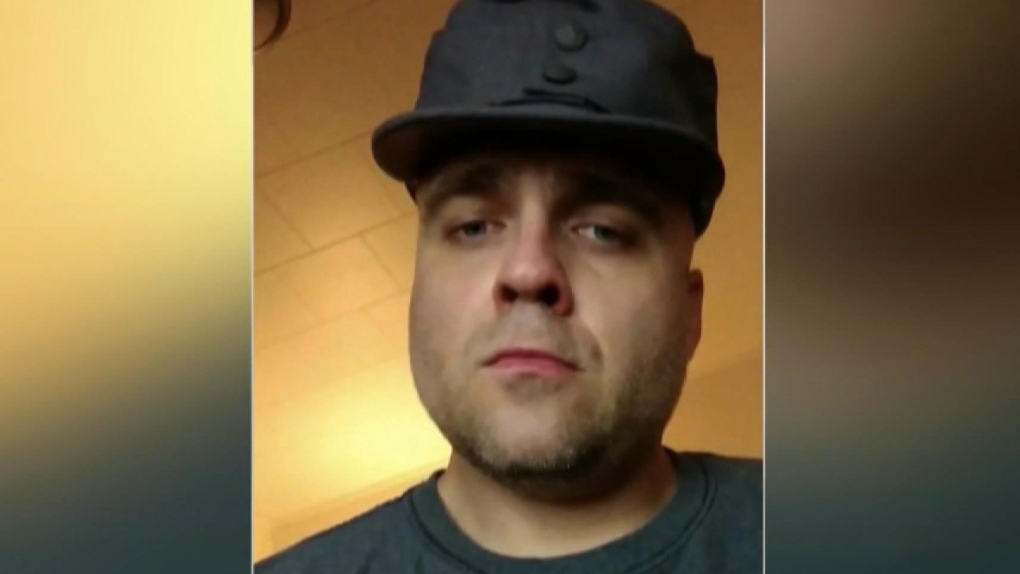Manitoba Premier Wab Kinew stated on Thursday that convicted serial killer Jeremy Skibicki should never be released, emphasizing that any future parole hearings must consider the profound impact his crimes have had on the victims’ families.
On Wednesday, Skibicki was sentenced to life in prison without the possibility of parole for 25 years for the murders of four Indigenous women in Winnipeg. The trial revealed that Skibicki targeted his victims at homeless shelters, strangled or drowned them, and then disposed of their bodies in garbage bins.
Skibicki received four concurrent life sentences, with 25 years of parole ineligibility, the harshest penalty under Canadian federal law. Although a previous law allowed for consecutive sentences with longer parole ineligibility, it was struck down by the Supreme Court of Canada two years ago.
Speaking at an unrelated news conference, Kinew commended Chief Justice Glenn Joyal of the Manitoba Court of King’s Bench for his handling of the case, particularly for acknowledging the severe societal challenges faced by Indigenous women. Kinew stressed that, while the law permits parole applications after 25 years for first-degree murder, Skibicki should never be granted release.
“The crimes committed, the horrific acts now associated with this individual, mean they can never be free again,” Kinew stated. “I assure you, family members, myself, and all those affected by these heinous crimes will never forget. We will be there to remind anyone considering parole in the future.”
Last month, Joyal convicted Skibicki, 37, of four counts of first-degree murder for the 2022 killings of Morgan Harris, Marcedes Myran, Rebecca Contois, and an unidentified woman, whom Indigenous community members have named Mashkode Bizhiki’ikwe, or Buffalo Woman.
The murders were uncovered when a man searching for scrap metal discovered partial remains of 24-year-old Contois in a dumpster near Skibicki’s home. Additional remains were found at a landfill site. During a police interrogation, Skibicki confessed to killing Contois and the three other women.
Kinew also mentioned that his government is taking steps to address the concerns of the victims’ families, including a planned search of a landfill north of Winnipeg where the remains of Harris and Myran are believed to be located. The search is scheduled to begin in October. However, police have not disclosed the location of Buffalo Woman’s remains.
After the federal government under former Prime Minister Stephen Harper passed a law in 2011 allowing for consecutive life sentences for multiple murders, several individuals faced longer parole ineligibility periods, including Dellen Millard of Ontario, who was sentenced to life without parole for 75 years for three murders.
However, the Supreme Court of Canada later ruled that this law violated the Charter’s protection against cruel and unusual punishment, reducing parole ineligibility for Millard and others to 25 years.
Chief Justice Joyal noted on Wednesday that the current legal framework does not adequately reflect the severity of Skibicki’s crimes. He expressed hope that any future parole considerations would carefully review the evidence, his ruling, and the statements made during sentencing.
Kelvin Goertzen, a veteran member of Manitoba’s Opposition Progressive Conservatives and former justice minister, recently posted on social media calling for the federal government to reinstate consecutive life sentences, even if it requires using the notwithstanding clause to override Charter rights.



